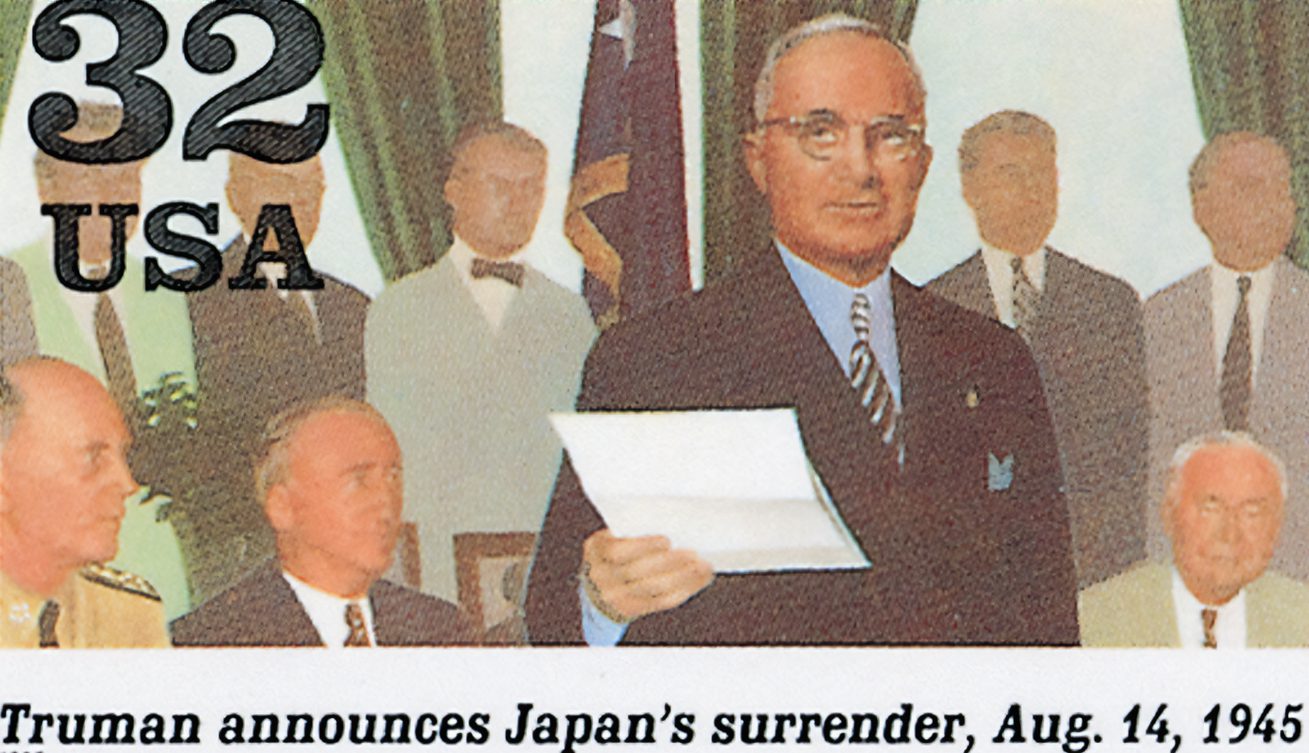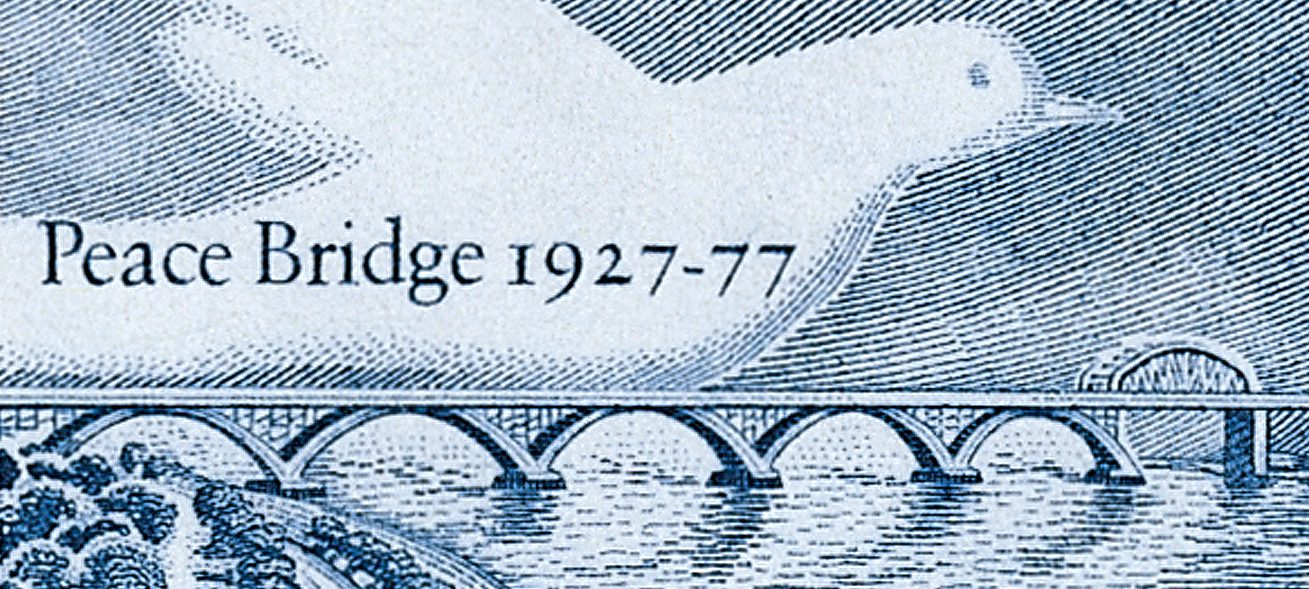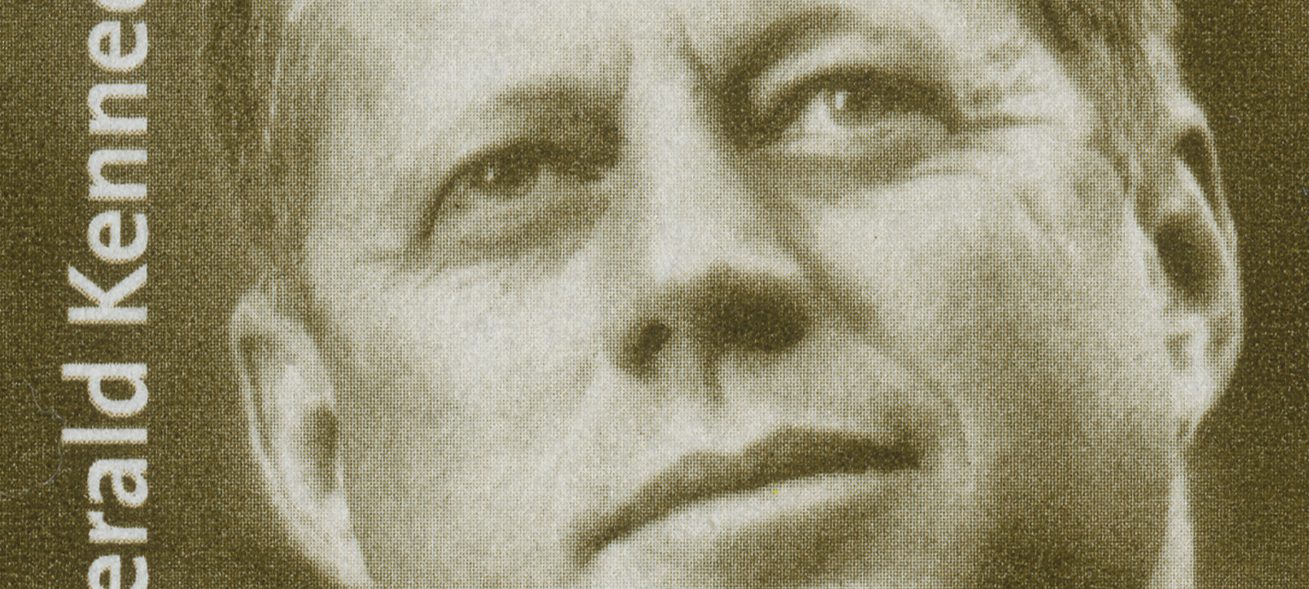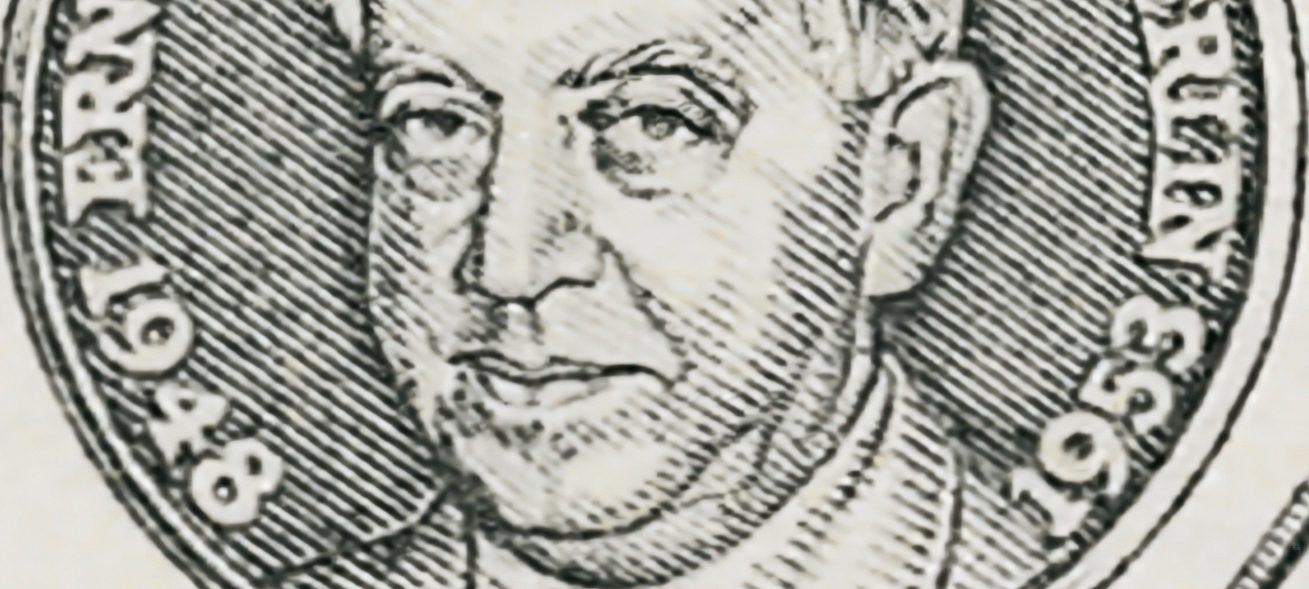First Flight of the B-25 Mitchell Bomber
On August 19, 1940, the B-25 Mitchell bomber made its first flight. One of the most famous medium bombers of World War II, its combination…

On August 19, 1940, the B-25 Mitchell bomber made its first flight. One of the most famous medium bombers of World War II, its combination…

Explorer, soldier, and politician Meriwether Lewis was born on August 18, 1774, in Ivy, Albemarle County, Virginia. Best known for the Lewis and Clark Expedition, he went on to serve as governor of the Louisiana Territory.

On August 15, 1824, Gilbert du Motier, the Marquis de Lafayette, returned to the United States for the first time in nearly forty years. Now sixty-seven years old, Lafayette was the last surviving major general of the Revolutionary War.

After nearly six years of a world at war, the Japanese surrendered on August 14, 1945, effectively ending World War II.

On August 13, 1918, Opha May Johnson became the first woman to enlist in the US Marine Corps Reserve. By war’s end, a total of 305 women had enrolled and served in the Marines.

On August 7, 1927, the Peace Bridge linking the US and Canada was dedicated by representatives from both nations and the United Kingdom.

On August 2, 1943, future president John F. Kennedy saved the majority of his PT-109 crew after a Japanese destroyer rammed them.

The mayor of West Berlin, Ernst Rudolph Johannes Reuter, was born on July 29, 1889, in Apenrade, German Empire. Refusing to bow to Soviet pressure during the Cold War, he unified the western sectors of Berlin and was integral to the Berlin Airlift.

Stephen Vincent Benét was born on July 22, 1898, in Bethlehem, Pennsylvania. A two-time Pulitzer Prize winner, he’s best known for his historically inspired poems, short stories, and novels.